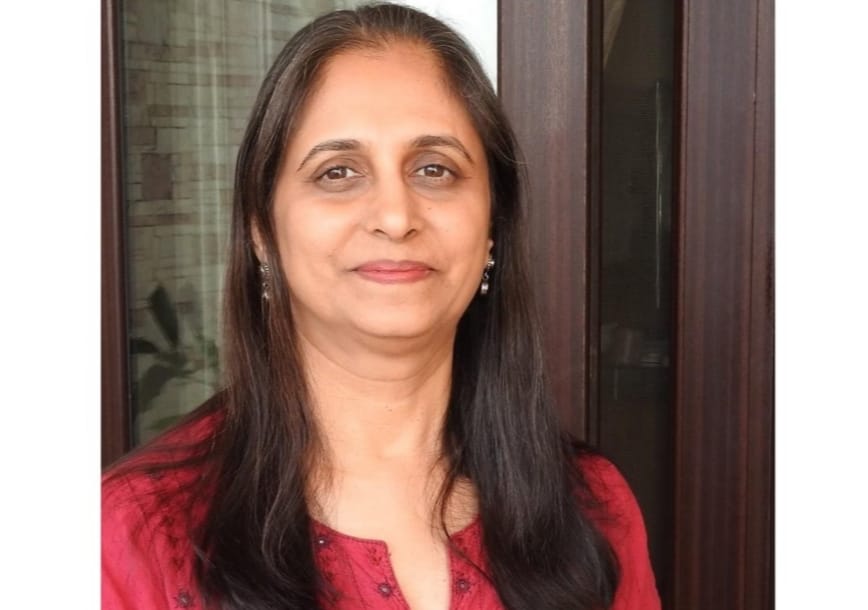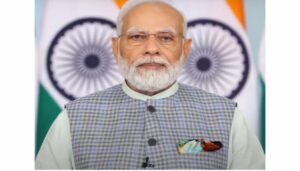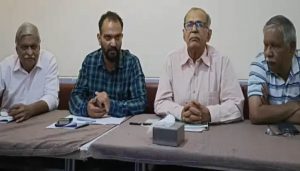Rural women’s feelings and issues highlighted through grindmill songs

Pune, December 11: A chunk of rural women, highlight their issues and feelings through age-old tradition– grind-mill songs, which are a reflection of society and more research on such songs will help people understand their issues, believes Namita Waikar, co-founder The People’s Archive of Rural India (PARI).
For about 25 years since 1987, two social scientists – Late Hema Rairikar and Guy Poitevin – and their team collected over 1,10,000 grindmill songs that rural women sang as they worked every day at the stone mill. This huge ‘jatyavarchiovi’ collection is being published on PARI along with the stories of women who sing them under the Grindmill Songs Project (GSP). Of these, 73,000 songs have been translated into English, while around several songs are even translated in French.
Speaking at the ‘Critical Zones’ exhibition organized by Goethe-Institut Max Mueller Bhavan’ at Zapurza Museum of Arts and Culture, Waikar said the grindmill songs highlight different issues like patriarchy, caste, village deities, marriage ceremonies and friendships.
“Initially the women were reluctant to speak on their issues. When we went into the dept, we found out that the women expressed through grindmill songs. This is thus an age-old tradition and an important platform where women express their opinions on a range of topics. More research on such songs will help in understanding the issues faced by rural women,” said Waikar.
Waikar also spoke about climate change and asserted that some couplets talk about nature, rains, weather and narrate how climate change has affected rural lives.
Jitrendra Maid, who is also working on the grindmill song project, feels that such songs are even useful for policy-makers, to understand social structure.
“The women expressed their values through grindmill songs. They also voice opinions on national issues. These songs will also help in understanding social structure, which can be useful to the policy-makers while framing policies,” said Maid. The program was moderated by Renu Jamgaonkar.





